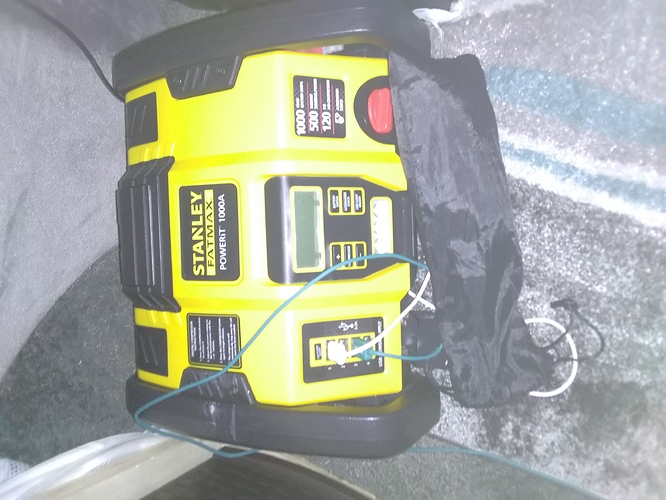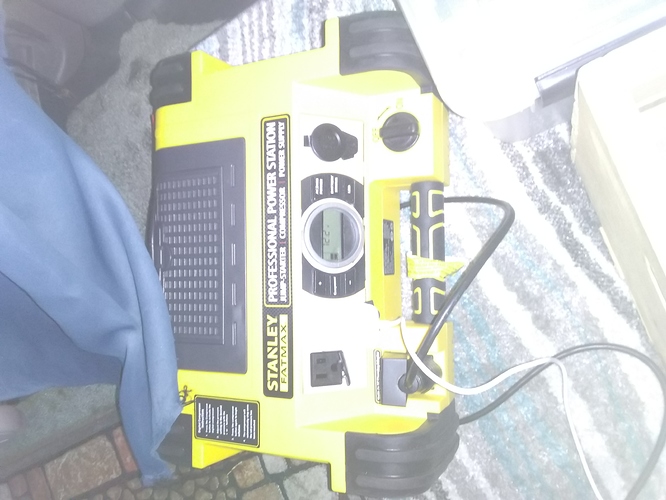Greetings & Welcome!
Odds are you’re not going to have anywhere enough room on your roof for that many solar panels.
A better question is “Why solar?”. It is the most expensive, and least reliable option available. Very few people who have gone that route, including me, would ever make that mistake again. Even people with off grid cabins and 10x that amount of solar hate it, and still wind up using better means of generating power.
In a vehicle, charging while driving, and being a power miser, tends to be the direction most of us wind up going, combined with cheap batteries, a cheap generator, and a cheap battery charger. With 2x under $20 cheap junkyard deep cycle batteries, one for my house battery, and one as my starting/2nd house battery, I can go a full 2 weeks between driving, without using my generator, and with no solar. One week off each 100ah battery. Low cost, more efficient, and a whole lot less headaches than solar.
Being power frugal, doesn’t mean that I don’t have every amenity I want, it just means doing things smarter, which also usually translates into cheaper. My rig is fully self contained, and I’ll run out of food long before anything else. I only carry ~30 days worth of food, but a full year+ of heating, cooling, cooking, and unlimited power.
Since you’re just starting out, I would actually recommend a cheap, older, factory camper to begin with. Unlike self builds, they hold their value much better, and they’re leaps and bounds more usable and more comfortable than most self builds. People pushing DIY builds are not your friends, the same with people pushing solar, they’re well paid sales people, not your friends.
The time to consider a DIY build comes only after you have a LOT of experience with this lifestyle, not when you’re a beginner. Only real life experience can teach you what you want or need, what’s possible or not, what’s practical or not, etc. Boobtube & Instascam are not good reflections of the reality of #vanlife. Very few who follow their lead are successful, and most lose a ton of money in the process. Nobody should gamble more than can comfortably afford to lose.
What about income? This life is far from free, and it is wise to have a sizable emergency fund and multiple back up plans. The better you plan, and the less money you have invested, the better your chances for success. Spending $30k+ to supposedly save $5k simply doesn’t make good sense. An investment ratio of under about 30% of what it will save in housing related expenses in the coming year seems to be the sweet spot for most of us. Less is always better of course, because you can lose your entire investment in the blink of an eye due to theft, collisions, natural disasters, etc; and you can’t count on insurance to make you whole again. My insurance policy is a large enough emergency fund to replace everything, including my camper, plus living expenses for at least 6 months.
Cheers!
"Happiness only comes before money in the dictionary." ~ Smilin Sam

